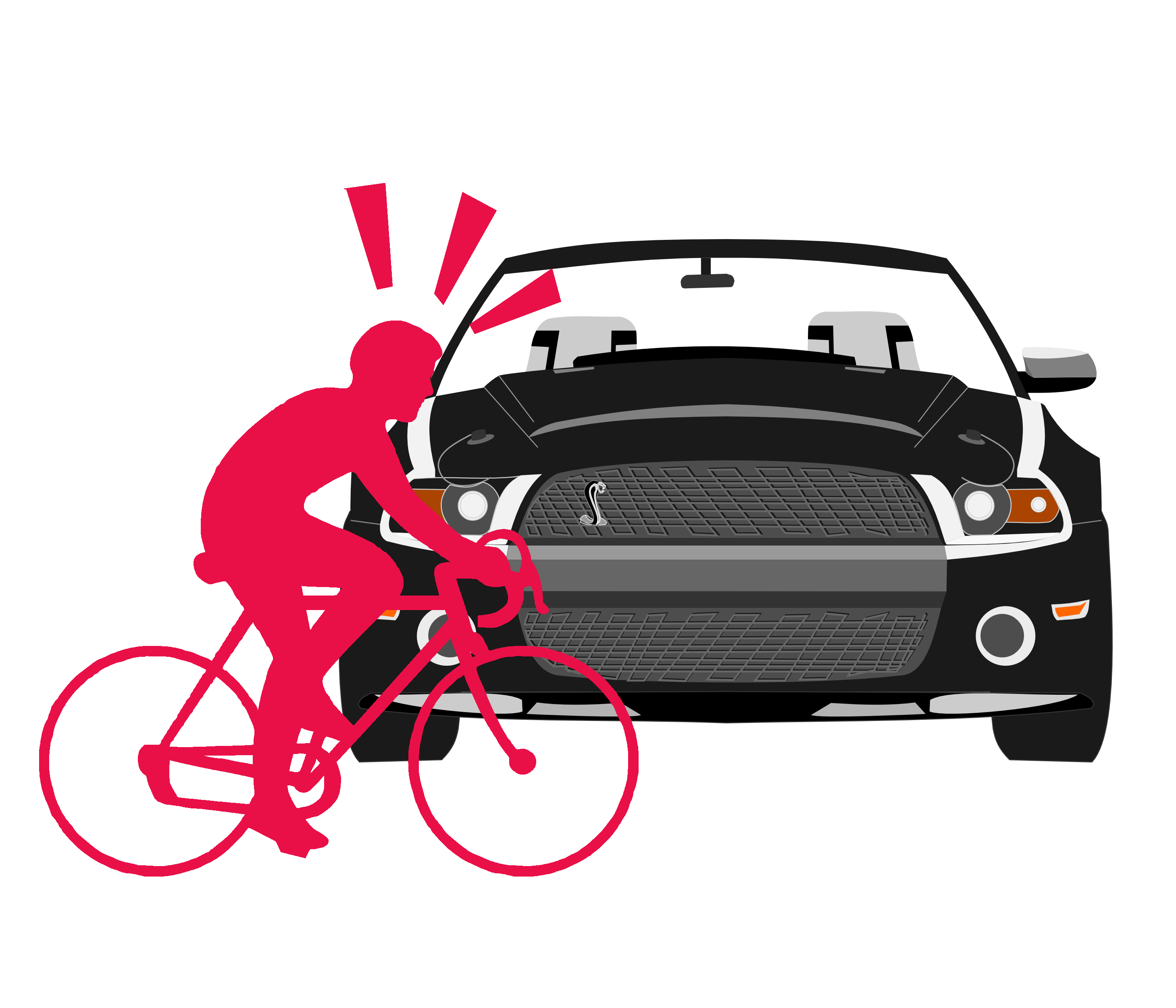Montrealers push for a better safety system for roads and bike paths within the city
Community members gathered at a panel to discuss issues cyclists and pedestrians face in Montréal with regards to inadequate safety while commuting in the city alongside cars—many demand for accessible and secure road measures.
The event, “Who Rules the Road?” was held on Oct.27 at the offices of Alternatives, a Quebec-based international solidarity group, on Parc Avenue. It was hosted by Building Community—a project of the Milton-Parc Citizens Committee which is dedicated to promoting community improvement via social action and education.
Four panelists were present, including Marc-André Gadoury, representing the district of Étienne-Desmarteau in the borough of Rosemont-La Petite-Patrie; Alex Norris, a Projet Montréal city councilor; Magali Bébronne, a project manager at Vélo-Québec; and Michael Seth Wexler, a project manager and urban planner at Copenhagenize Design Company.
“We wanted to raise awareness surrounding the issue of cyclist and pedestrian safety because they’re the most vulnerable demographic on the streets at the moment,” event organizer and former Concordia student, Spiro Metaxas, told The Concordian. Another large factor that sparked interest for organizing the event, he said, was the incident this past summer where a woman was killed while cycling in Montreal.
Justine Charland St-Amour, 24, was killed at the intersection of Iberville Street and Rosemont Boulevard on Aug. 22 when a truck driver turned into Charland St-Amour’s path and hit her, having not seen her in his blind spot, reported CTV News. According to the same article, she was declared deceased at the scene, and Montreal police stated neither party was to blame.
For problems concerning intersections, Metaxas suggested having a light dedicated to cyclists, allowing them to go first before car traffic begins to circulate. He referenced an intersection in the McGill ghetto which effectively does this.
Metaxas said many issues addressed by the panel centred around non-compliance, referring to cyclists, cars or pedestrians who do not comply with road safety rules or traffic rules. Metaxas said he thinks people need to start taking responsibility for themselves as motorists, cyclists and pedestrians. “I think that’s where the crux of the problem is—non-compliance,” he said.
“We wanted to take the opportunity to, once again, shine a spotlight on this issue that’s becoming rather persistent and that we think is preventable,” said Metaxas. “Ideally, there would be no deaths—that’s what that Vision Zero plan is for.”
On Sept. 14, the City of Montreal released their plan of action, titled Vision Zero, aimed at improving road safety and reducing deaths, according to the City of Montreal website. Vision Zero introduced nine short-term concrete actions, including reducing speed in residential areas and school zones and equipping intersections with new pedestrian countdown signals or underpasses.
However, in regards to this plan, Metaxas said “there simply isn’t enough action being taken at the moment by either political party.”
Graham Latham, a Concordia student in Communications and Cultural Studies, travels to school by bike. “I’m commuting almost entirely by bike right now,” he said, adding while he enjoys traveling by bike, riding downtown is a nightmare. He said while the de Maisonneuve bike path is accessible for cyclists to use, he described it as very dangerous.
Latham said one of the biggest hazards for cyclists are cars. “People just turn left across the bike path so much without looking, which is scary,” he said. He has to be extra cautious between intersections, he said, ensuring that a car does not turn into his lane. He said he typically commutes via Sherbrooke Street to avoid the danger of the de Maisonneuve bike path, however, the construction around McGill has taken a large toll on accessibility for biking on that street.
“This fall has really sucked for getting to Concordia,” said Latham. He identified two of the most congested and difficult areas to bike around Concordia’s downtown campus are the intersection of Guy and de Maisonneuve, in front of the Guy-Concordia metro station, and the stretch along de Maisonneuve in front of the Hall building.
Many of the complaints Latham had were in connection to what Metaxas said the panel aimed to address.
Graphic by Florence Yee
